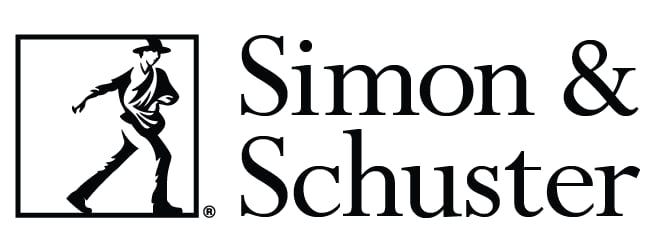Happy Ending...
KKR Takes Simon & Schuster
When something major happens in publishing, handwringing is almost always required.
I no longer remember the details. But somewhere I read that in 1960 when the independent publisher Alfred A. Knopf was acquired by Random House which had just gone public, the writer Gay Talese came home to his wife the editor Nan Talese and said, “That’s it. Publishing is done.” The anecdote may be apocryphal, but you get the point.
It strikes me that the purchase of Simon & Schuster by Kohlberg-Kravis-Roberts, now known as KKR (which is expected to be announced as soon as today) is the best possible outcome in the long running saga of Paramount Global unloading this vaunted book publisher – closing in on one hundred years of operation -- which Paramount had deemed not core to its ambitions.
KKR is a private equity firm which means that in time, it will either sell S&S for a price better than it is paying now –said to be $1.62 billion – or take the company public. Either way, KKR has a practice of giving people at its acquisitions some equity which means that when the next transaction happens, there should be a payday for those employed.
I don’t know Messrs. Kravis and Roberts, or their successors. But I did encounter the late Jerry Kohlberg (whose name came first recognizing his seniority as well as alphabetical order) in a number of ways, particularly his purchase with his wife Nancy in 2010 of the Vineyard Gazette, the venerable newspaper on Martha’s Vineyard which needed a committed new owner. I joined in the search for its editor Jane Seagrave, an Associated Press executive and by all accounts it is doing well in both print and digital version.
As I understand it, the demonstrated tradition of KKR is only to buy what it likes.
A KKR partner leading the deal was Richard Sarnoff. He has a good reputation. Sarnoff spent a decade or so at Random House as a senior executive under Bertelsmann ownership. So, he knows the publishing business and he comes from an illustrious family: his great uncle David Sarnoff founded NBC and was the longtime president of its parent company RCA, one of the greatest of twentieth century media companies. .
S&S has had a superior record in recent years, long enough now for it to reflect its strengths in leadership and books. It has endured the trials and tribulations of the misbegotten takeover effort by Penguin Random House and if scathed that wasn’t noticeable.
In the 1980s when S&S was owned by the Gulf and Western conglomerate it was considered equal in stature to Random House which was then owned by the Newhouse family. By the time of the attempted PRH takeover, because it was so long seen as essentially an appendage of Paramount, the standing of the company had diminished.
As a standalone member of the Big Five in American publishing – alongside PRH, HarperCollins, Hachette and Macmillan, its position will have been restored.
I don’t know what will happen now. But let’s skip the handwringing over private equity ownership. S&S is and will be a great publishing enterprise, an asset to literacy and the marketplace of ideas.





My sense David is that KKR is not buying to mess...If I were in the acqusition business myself, Pegasus would be a good buy for a major company.
You are still capable of explaining complex things... of which the goings and comings in publishing seem to me to be a bit of an endangered species short of digital. By implication you address the issue of corporate ownership versus iconic, smart individuals with a stake emotionally and financially...The number of family-owned media companies in broadcasting can be listed on one hand, but might need two hands for the print side.This list excludes Murdoch for his dismissal of the fair dinkum aspect of Aussie life. Tiven